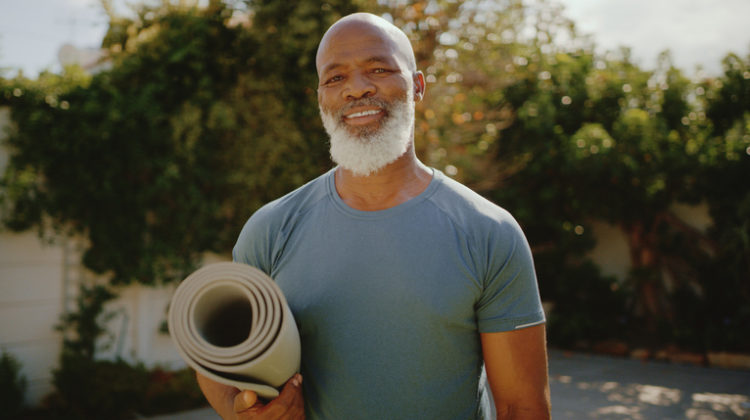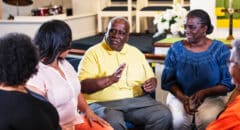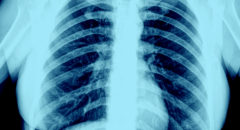
Being diagnosed with lung cancer can be an isolating experience. Lung cancer is a highly stigmatized condition due to its connotations and can bring feelings of shame and guilt to lung cancer patients.
While it is possible to be diagnosed with lung cancer without ever smoking, most lung cancer patients are long-term smokers. Due to this connection, most smokers feel that they are to blame for their diagnosis and this may lead to feelings that they are undeserving of treatment or help.
Consequently, lung cancer patients report increased levels of anxiety depression when compared to other cancer patients.
Like all cancer patients, it is important to maintain strong bonds and invest in self-care to help with the difficult feelings that come with any type of cancer.
Implementing any or all of these activities into your self-care routine can make a huge difference in your mental and emotional health.
Therapy: Therapy can be an effective way to talk to about difficult thoughts and feelings you may be having after diagnosis and during treatment. Therapy provides an avenue to express yourself with someone who is external to your life and can provide a balanced opinion.
A cancer diagnosis can shift your world entirely; a therapist can give tips on how to deal with major life changes and process a tough diagnosis. Additionally, counseling sessions can provide tools to navigate through this stage in your life.
Try using your health insurance to find a therapist or use websites like Zencare to find counselors in your area or virtual therapists.
Meditation: Meditation is a great practice to get more in touch with feelings and emotions. Meditative exercises like noting help to identify negative thoughts and process them in a productive manner. Apps like Headspace and Calm are paid apps that provide guided meditation sessions.
For free options, YouTube has hundreds of guided meditation videos and tips on how to achieve better meditative practice. Getting to know yourself better can help release guilt and shame while making room for forgiveness and gratitude.
Support Groups: While cancer can feel isolating, there is a network of people all around who have shared experiences and can provide support. Family and friends may not fully understand the feelings and emotions, however, others who have been through the same experience can relate and understand your perspective.
Other cancer patients and survivors can also share best practices on what works best in their self-care routine. Knowing how they dealt with feelings of isolation, shame, guilt, and hopelessness can be a good starting point in moving forward with your life after a diagnosis.
Staying Connected with Friends and Family: Maintaining your network of friends and family is essential to moving forward with a lung cancer diagnosis. While support groups give you space to share with a common group, family and friends will keep ties to normalcy.
Although guilt and shame can lead to the desire to isolate, letting others in will reduce the tension of bottled-up emotions.
While lung cancer feels isolating, there are numerous avenues for support in diagnosis and treatment.
Investing a self-care routine that is right for you is just as important as finding the treatment plan that is right for you. Although a cancer diagnosis is difficult, prioritizing self-care is an important step in beating it.









